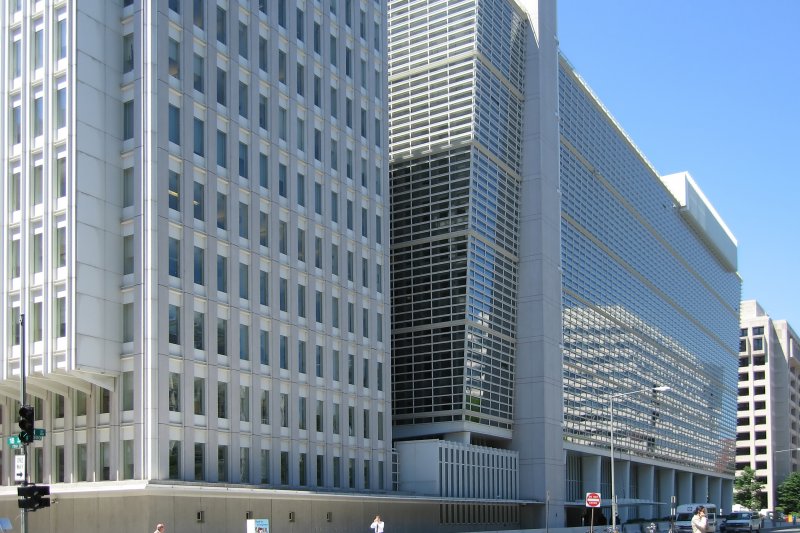World Bank Lowers Expectations for Albania's Economic Growth
The World Bank in its last June report on the global economic outlook has revised downwards the expectations for Albania's economic growth for both 2021 and 2022.
In 2021, the domestic economy is expected to grow by 4.4%, with a decrease of 0.7 percentage points from the January assessment.
For 2020, the rating has also been revised down 0.7 percentage points to 3.7%. The same expectation is for 2023, at 3.7%. On the other hand, the economic decline in 2020 is estimated at -3.3%, much lower than the bank's initial expectation of -7.5%. The lower-than-expected decline in 2020 is also one of the reasons for the 2021 and 2022 assessment revisions.
Of all the Central European countries, the pandemic has been passed with less consequences by Turkey, which saw an increase of 1.8%, Serbia, with a minimal contraction of -1%, Poland (-2.7%) and then Albania (-3.3%) Montenegro (-15.2%) and Croatia (-8%), two countries with a high dependence on tourism and which did not open their doors in the summer of 2020, were hit hardest.
The World Bank estimates in the report that economies highly dependent on tourism. Especially Albania and Montenegro, will continue to suffer from restrictions on international travel. In the medium term, meanwhile, Albania and Northern Macedonia will be driven by accelerating structural reforms in preparation for EU membership, if negotiations do not continue to be postponed further.
Global economy
According to the report, the world economy is experiencing an extremely strong but very uneven recovery. Global growth is projected to reach 5.6 percent in 2021 - its strongest post-recession rate in 80 years - partly backed by sustained but highly unequal access to vaccines. Growth is concentrated in some large economies, with most emerging markets, while emerging economies (EMDEs) lag behind: while about 90 percent of advanced economies are expected to recover their first pandemic levels by 2022, only about a third of EMDEs are expected to do so.
In low-income countries, the effects of the pandemic are undoing previous improvements in poverty reduction and complicating food insecurity and other long-term challenges. The global outlook remains highly uncertain, as the pandemic performance still carries great risks and large debt loads could increase financial stress. Controlling the pandemic globally will require fairer distribution of vaccines, especially for low-income countries.
(Source: Monitor)













